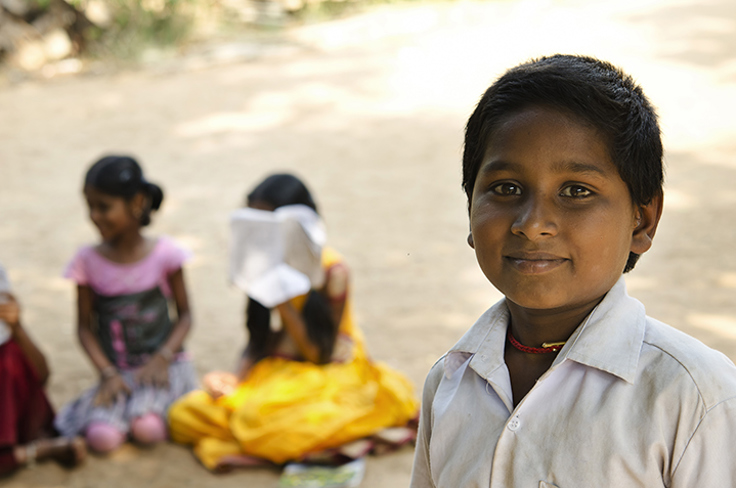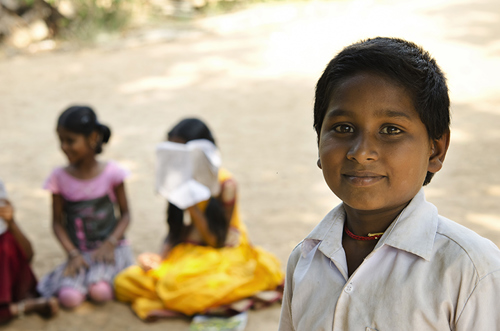Tamil Study: Identity, well-being and competence among Tamil children and adolescents
Article
|Updated
The Norwegian Institute of Public Health (NIPH) has conducted a study of mental health, quality of life, problems and competence among Tamil children and adolescents between 10 and 18 years in Norway, in collaboration with the Norwegian Tamil Health Network. The purpose of this project is to gain knowledge about how children experience their childhood in Norway, and the challenges and resources they have from family, school, friends and their local community.
The Tamil study is part of a larger project at the NIPH called UngKul (Youth, Culture and Competence), which examines the significance of ethnicity and migration in children's development of competence, well-being and mental health. Approximately 8000 children and adolescents with an ethnic Norwegian background and ethnic minority backgrounds have been invited to participate in UngKul, in addition to approximately 4000 parents. Important questions that UngKul and the Tamil Study will address include:
- Are the children thriving?
- How are they coping with everyday life?
- What challenges do they face?
- Is there a difference between girls and boys?
- Are there differences related to culture and place of residence in Norway?
- What is it that makes some children thrive and be happy, while others are sad, anxious, restless or aggressive?
- Are there periods in development where children are particularly vulnerable and more susceptible to problems?
Children and adolescents between 10 and 18 years of Tamil origin in the largest municipalities in Norway have been invited to participate in this sub-study. One of the parents of children between 10 and 15 years, primarily mothers, was also invited to participate.
Data collection was completed in 2010.
What will the information from the Tamil study be used for?
Representatives from UngKul, in co-operation with representatives of many different immigrant organisations formed a Norwegian Tamil Health Network. The health network will use the information from the study as the basis for implementing measures to improve conditions for Tamil children and adolescents in Norway, and prevent the development of psychological problems. Through the advice of the NIPH to central and local governments, the study results will be a part of the foundation for developing a multi-cultural health policy, which also protects the health and care needs of the immigrant population.
The school system is also an important goal for UngKul’s advisory unit when it comes to preventive measures aimed at promoting children's and adolescents' well-being and competence. Knowledge of the kind of challenges parents and children experience, and the resources needed to meet these challenges, is valuable for the families and health policy makers.

